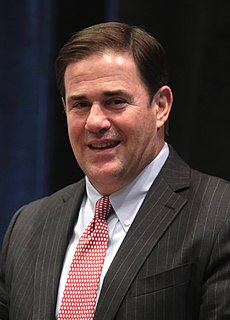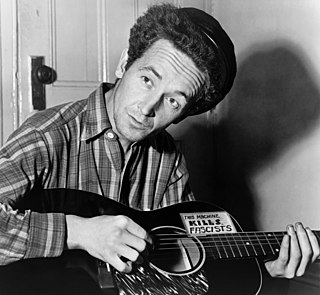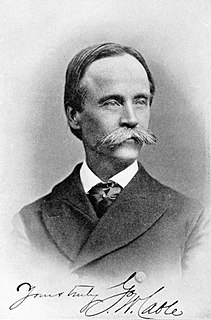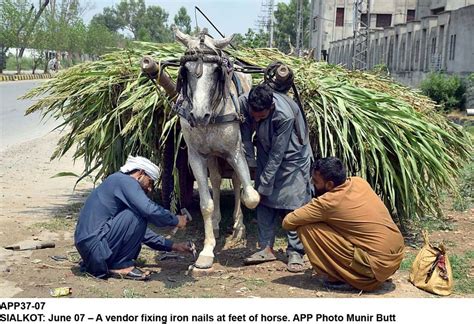A Quote by Thabo Mbeki
Part of the issue around communal land, which became a matter of controversy, is that we are saying that this land must go back to communities. Not chiefs and traditional leaders.
Related Quotes
This is community land that belongs to particular clans, and therefore, it must go back and its administration and the determination as to what to do, must rest in the hand of the communities. That is why you have these committees, among whose members, of course, they will be traditional leaders. You will have these collectives, which must then deal with the land, the issue of communal rights.
Historically during the years of the White minority regimes, the State, the national Government held this land in trust for these communities. We said, but no, why should we do that ( return the land to the communities). We didn't say return the land to particular traditional leaders, but to the communities.
The question arose, how would the communities manage this land on their own. That's why the Communal Land Rights Bill then borrows an institution that is set up in terms of the role and function and powers of the institutional traditional leadership ( borrows that committee and uses that committee).
There are two pieces of legislation that are related. There's the Communal Land Rights Bill. Then there is the legislation that was approved which has to do with the role and the place and the function of the institution of traditional leadership. Now that legislation, not the Communal Land Rights Bill, provides for the setting up of particular committees that would work together with the elected municipalities.







































